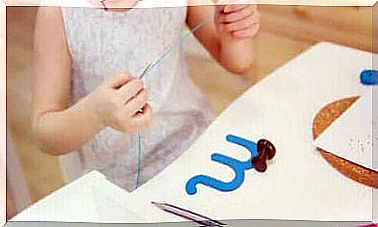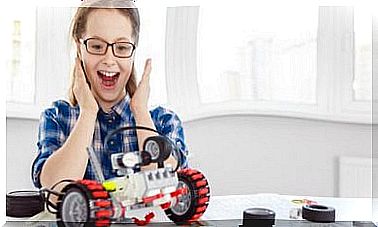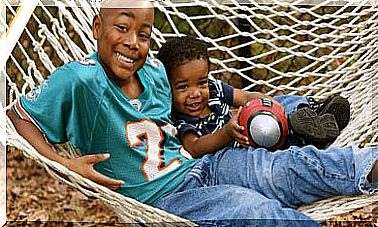Discipline With Empathy Instead Of “time-outs “
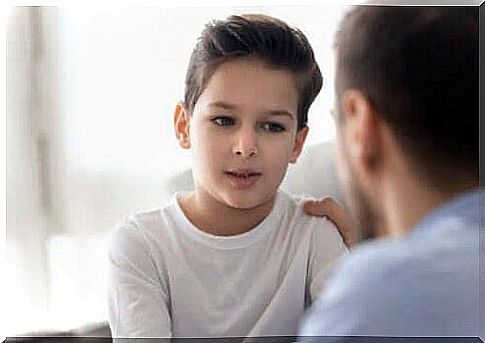
All parents want their children to grow up well-behaved and therefore want to use effective discipline methods. Fortunately, discipline has evolved in step with society, so corporal punishment and a “because I said so” mentality are not as common as before. Over time, these methods have proven to be ineffective; Discipline empathy is proven to be more effective than time-outs.
We now know that it is better to give children friendlier and more caring urges to help them understand the importance of good behavior. We do not have to leave them in the corner of shame or take a “time-out” in a corner for them to reflect on what they have done. Instead, it is better for us adults to guide them through it.
“Time-outs” can make things worse for everyone if you use them in a bad way. But with a few simple adjustments, they can serve their purpose and lead to happier children and parents. So next time you discuss a time-out with your child, consider the following to make things better…
Discipline with empathy

Calm down first
It can seem difficult to calm down when your child has an outburst of rage and lies screaming on the floor or is so angry that he or she fights and is kicked. The behavior is obviously not acceptable. But the child is not calculating or mean. It is important to remember that punches and kicks are sometimes the only tool children have to express how upset they are about something.
Putting children in a “time-out” when they are already unhappy and upset will only make them more confused and angry before they have calmed down.
Your child can then enter a survival mode. That is, the child may become completely incapable of accessing the parts of the brain that can reason. As a result, the child simply cannot process any of the urges you are trying to convey to him or her, such as “use your words and not your hands.”
When your child is calm, you can take him or her aside and talk about what you want to teach – but do not make it a punishment. Instead, use this moment as a way to help your child understand the consequences of their actions.
Put words to your child’s feelings instead of time-outs
Children need to train their vocabulary and learn words to express their feelings and thoughts from a very young age. Having the right words to express the many new emotions they have helps them deal with those emotions and later relate them to appropriate reactions and responses.
So start the conversation early: “I know it was very frustrating when you wanted the toy car and could not get it.” Or, “I can see that you’re very disappointed that your tower collapsed.” These may seem like big words to young children, but they experience very big emotions. Giving them a rich language confirms these feelings. It helps them to understand them and respond appropriately as they grow up.
Do not confuse diversion with success
Children are always looking for ways to learn and grow. And distracting and distracting teach them nothing about controlling behavior. A successful “time-out” does not end with your children saying that they have made a mistake or apologizing for their behavior.
Instead, children become calm and can talk about appropriate and healthy ways to express their feelings. Being present when your children are most stressed also creates a sense of trust and confidence in you. It teaches them that you are there for them when they are stressed. This is discipline with empathy.
Discipline with empathy prepares you both for the future
There are times when the little ones stop screaming and say they do not need a time-out just because they do not want to be alone anymore. But again, empathy is your best tool. When you use time-outs, children only learn that you leave them alone when they need you most.
It only prevents your children from coming to you when they need help at other critical times, such as adolescence or when they feel sad, scared or need help to calm down and deal with a situation that is difficult for them.
Without your constant help, your children will not know how to deal with the emotional storm they are feeling. And therefore, they will not learn to respond well to stressful situations. It is therefore necessary to help young children learn to calm down. But it will not happen after just a few times; your children will need you for the rest of their lives.
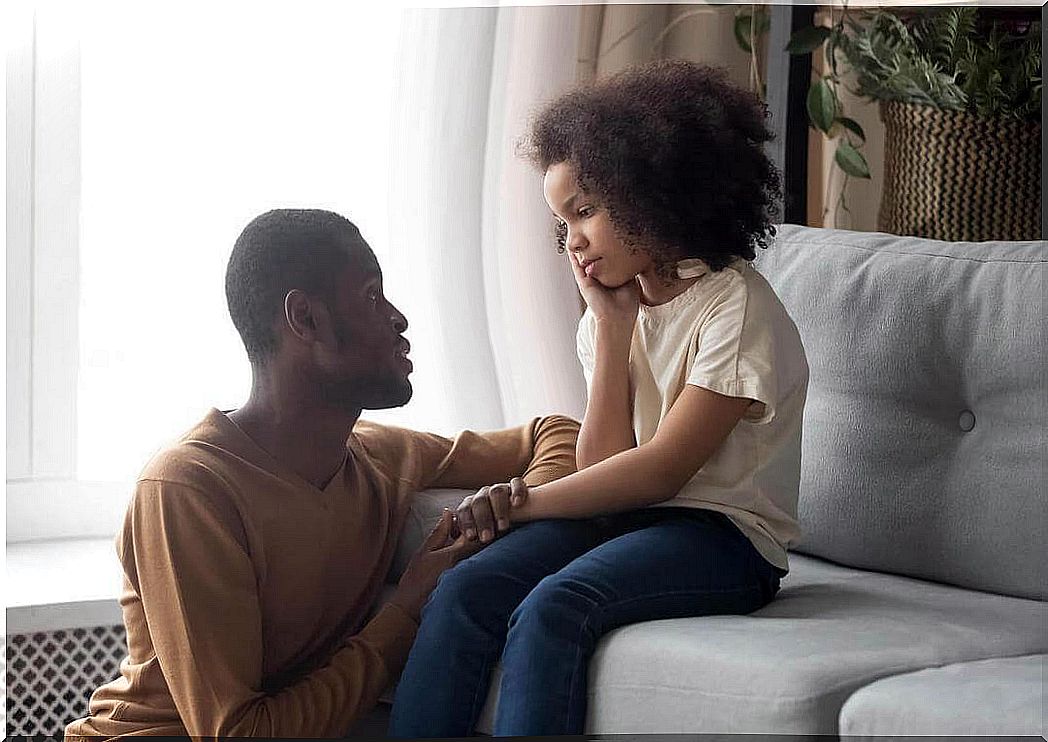
You must always be there to help your child calm down by offering appropriate words to describe his or her feelings.
Not accepting certain behaviors, but at the same time understanding the child’s feelings, is the best gift a parent can give. Your children want to know that they can always come to you, no matter what happens.
You may be the one who needs a time-out
Once the baby has calmed down, take a few minutes to think about your own reaction. Did you yell at them? Did you get mad? In the midst of the whirlwind of parenting, parents often need a little help regulating their emotions.
If possible, walk away and take a few minutes for yourself. If you can not walk away, try to get your child interested in something else while you calm down and take a breather. Afterwards you can talk about what has happened.



